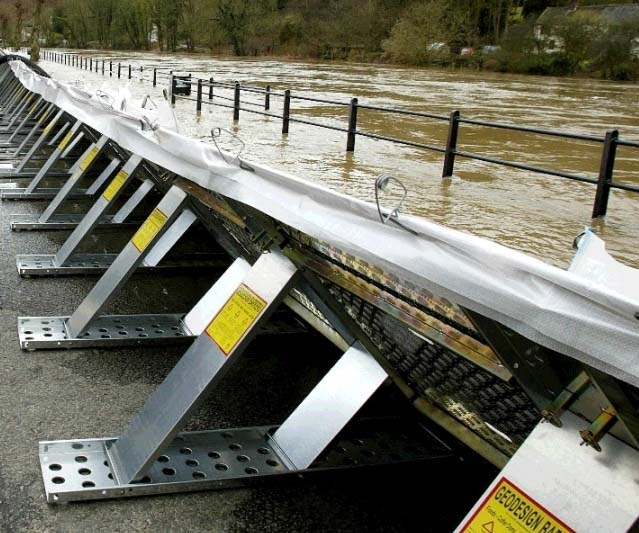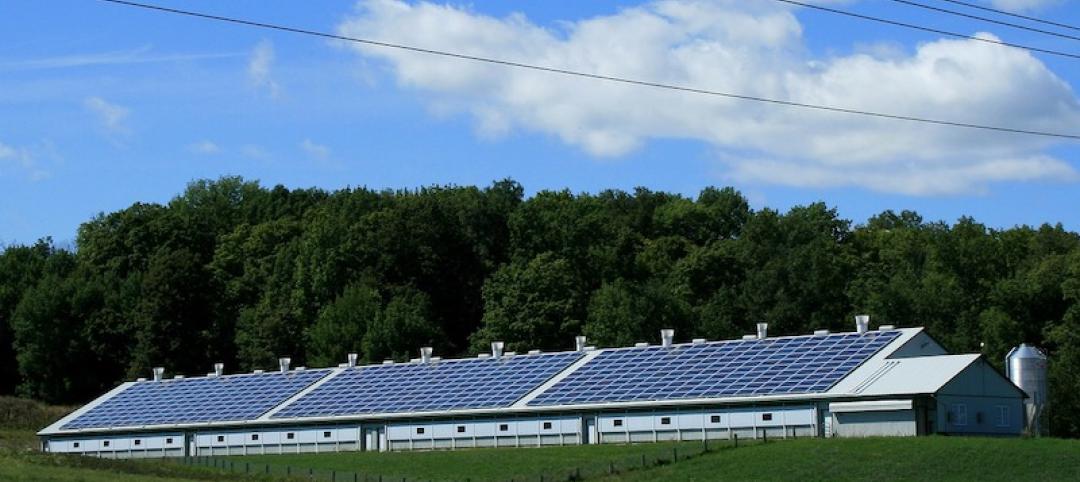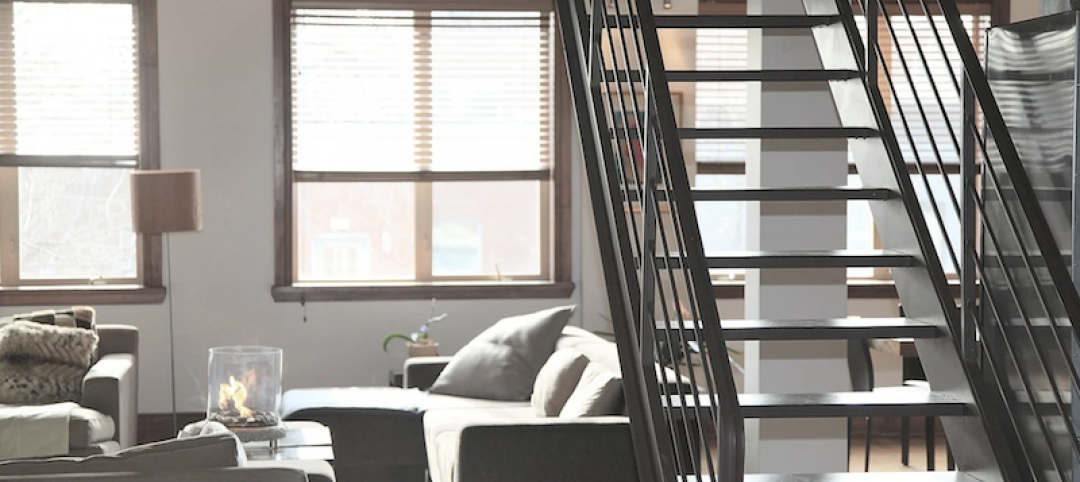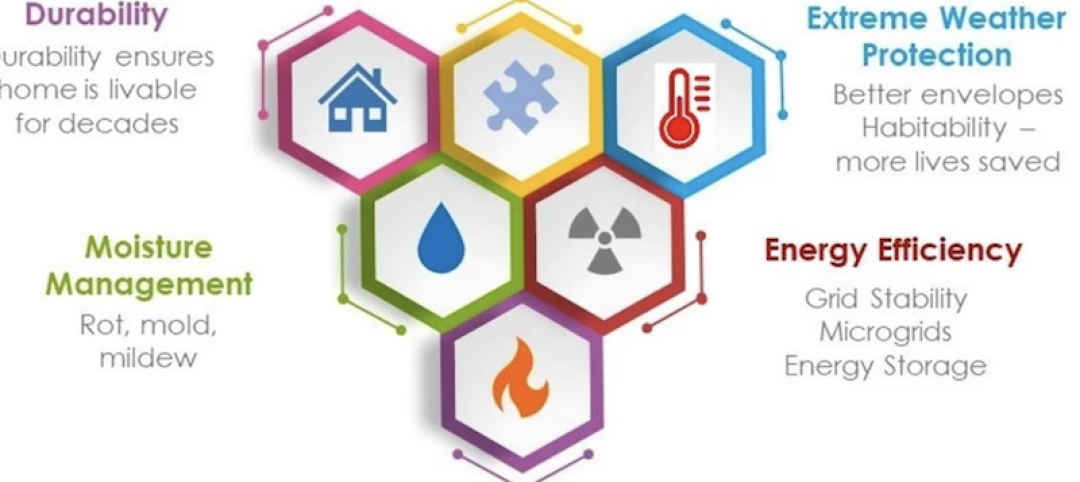Sea levels around Boston could rise as much as 7.5 feet by 2100, according to climate scientists. As a result, the city is at risk of significant flooding during high tides and normal rainfall let alone big storms.
The Urban Land Institute held brainstorming sessions over the last several months involving more than 70 engineers, architects, and development and insurance specialists to examine how rising sea levels would affect four representative areas in and around Boston. The group concluded that the area should consider building canals to absorb and divert water and higher sea walls for flood protection. It also called on called on municipalities to discuss ways to raise money for preparing vulnerable areas and to alter building and zoning rules to take the likelihood of flooding into account.
“We’re not going to start digging the canals tomorrow,” Brian Swett, Boston’s chief of energy, environment, and open space, told the Boston Globe. “But the report makes the important point that you can’t solve 6 feet of sea level rise simply by building a bigger dam on the Charles River.”
In the low-lying Alewife section of Cambridge, new residences might have to be concentrated into taller buildings with more space between them to make room for water infiltration. The report also suggested that retail shops be concentrated into a raised corridor to keep them above flood waters.
Related Stories
Codes and Standards | Oct 12, 2020
Guidance offered for K-12 schools to support students with asthma
Green purchasing policies for cleaning, filters, furniture and other products encouraged.
Codes and Standards | Oct 7, 2020
More energy efficiency programs are encouraging zero-energy projects
At least 20 programs for new construction, major renovations emerge.
Codes and Standards | Oct 6, 2020
LEED, GBCI rating systems spur resilience-enhancing strategies
Expanded programs, resources address impact of climate change.
Codes and Standards | Oct 6, 2020
International Code Council to hold inaugural online education event
Week-long ICC Learn Live will include panel conversations, keynotes, and breakout sessions around key topics in building safety.
Codes and Standards | Oct 5, 2020
Guides addressing fenestration anchorage updated
First update to decade-old technical documents released.
Codes and Standards | Oct 1, 2020
Deadline extension for LEED 2009 project certifications
Delivery timeline delays due to COVID-19 pandemic prompt action.
Codes and Standards | Sep 29, 2020
New drinking water standard criteria further restricts lead leaching in plumbing products
Tightened standard applies to endpoint devices that dispense drinking water, and other plumbing components
Codes and Standards | Sep 29, 2020
Groups sue CDC over eviction moratorium
Natl. Apartment Assn. and New Civil Liberties Alliance want hearing by October.
Codes and Standards | Sep 24, 2020
Benefits of building enclosure commissioning include reduced costs
Savings achieved in less rework and fewer and shorter punch lists.
Codes and Standards | Sep 23, 2020
Intl. Code Council aims to stay ahead of new tech, efficiency trends, and resiliency
Passive survivability, social resiliency, and community health among the goals.

















